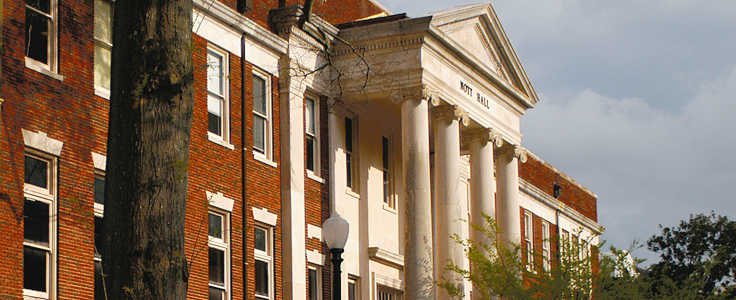In Sunday’s New York Times, op-ed columnist Frank Bruni highlights the story of Ronald Nelson who spurned the Ivy League in favor of the University of Alabama’s Honors College. The title of Bruni’s piece, A Prudent College Path, sums up his argument that students and parents should consider the more cost effective and still high quality path of Nelson. While pursuing public university honors programs may make sense for individual students, the problem with honors colleges is the impact of the trend on our higher education system more generally.

I taught two classes in the Honors College during my time on the faculty at UA. I found the students quite capable and I appreciated the small class size (class sections were limited to 15 students).





